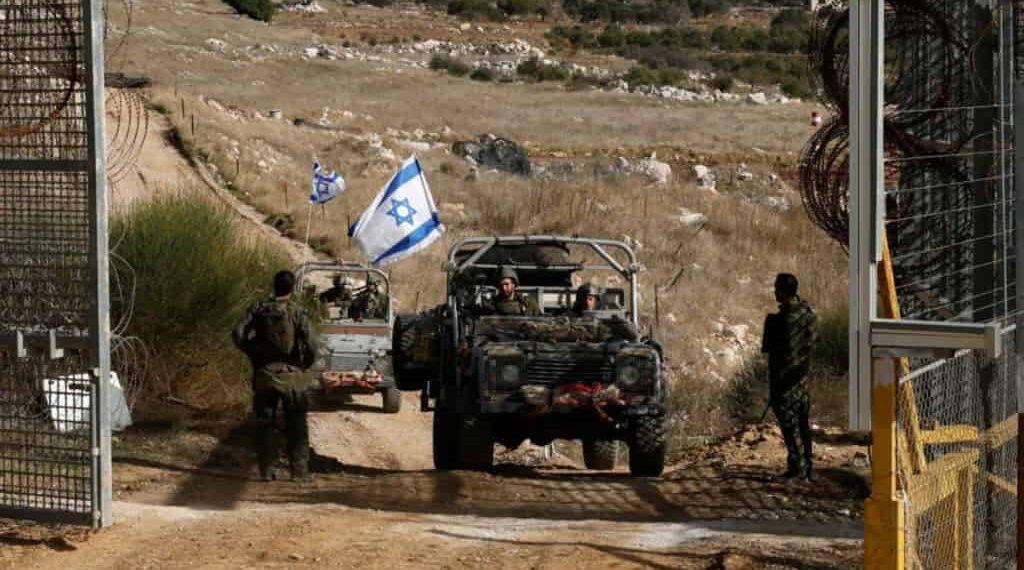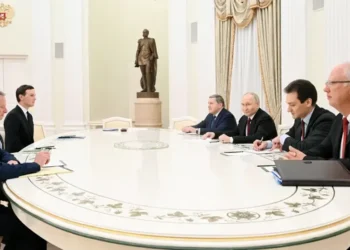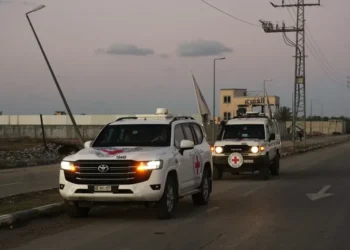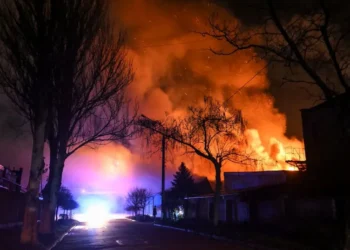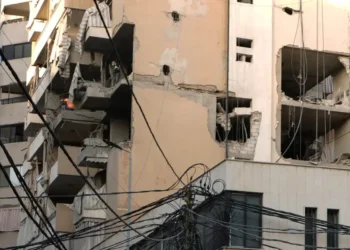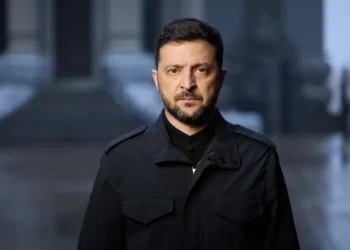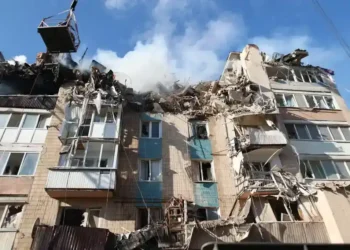Israel Approves Plan to Expand Settlements in Golan Heights Amid Regional Tensions
Israel’s government has greenlighted a controversial plan to expand settlements in the Golan Heights, a region it captured during the 1967 Six-Day War and continues to occupy despite international objections. Prime Minister Benjamin Netanyahu defended the move as a necessary response to a “new front” created by the collapse of the Assad regime in Syria.
The plan aims to double the Golan Heights population, which currently includes over 30 Israeli settlements, home to roughly 20,000 people. Despite these settlements being widely regarded as illegal under international law, Israel maintains they are essential for its security. Netanyahu emphasized that Israel’s actions were a response to the changed security landscape in Syria, particularly after an Islamist-led rebel alliance overthrew President Bashar al-Assad.
Israel has already deployed forces into a buffer zone separating the Golan Heights from Syria, declaring that the shift in control in Damascus has caused the previous ceasefire arrangements to collapse. Netanyahu reaffirmed Israel’s position, stating that while Israel intends to continue its presence and settlement in the Golan Heights, it has no interest in escalating conflict with Syria. “We will determine Israeli policy regarding Syria according to the reality on the ground,” he said.
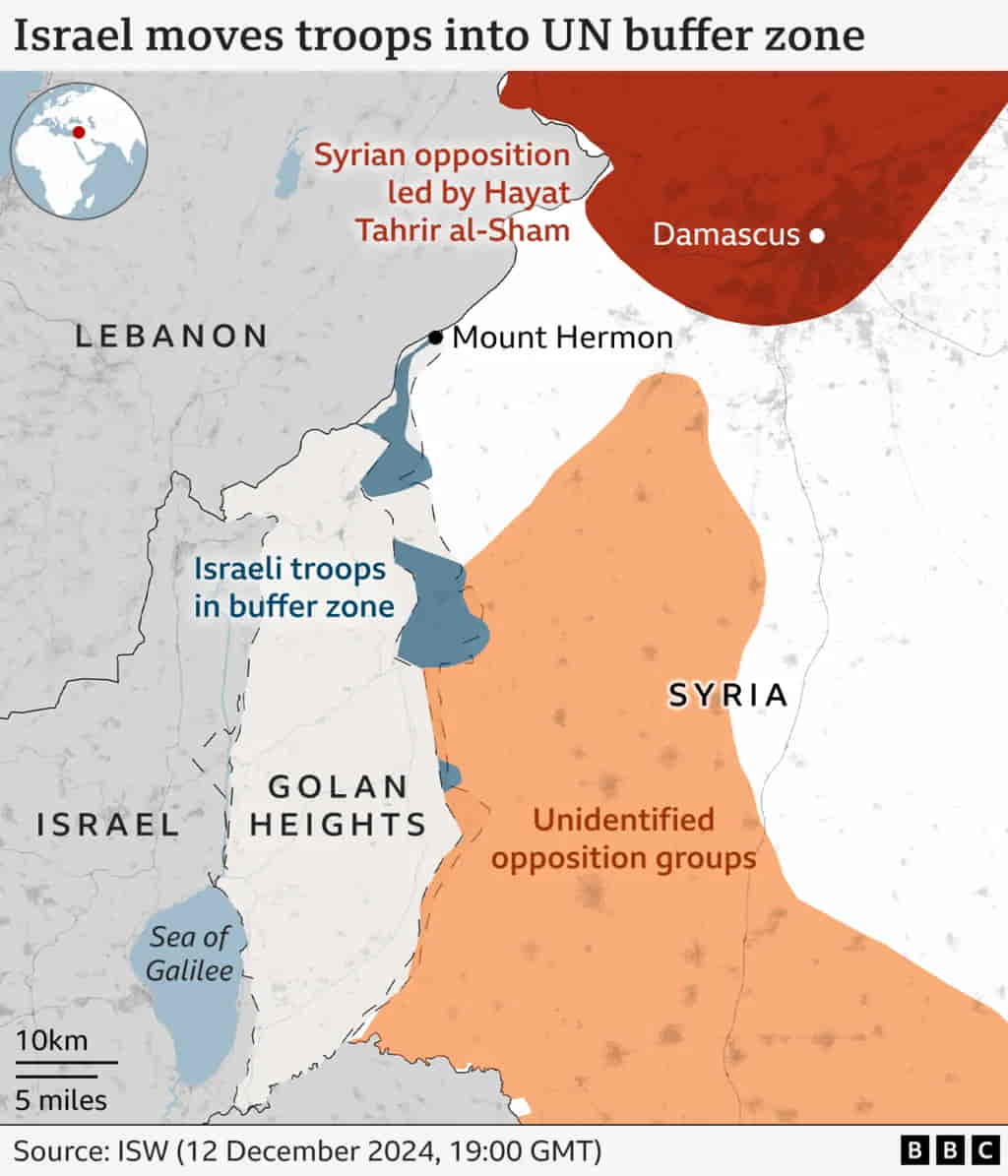
In the Golan, Israeli settlers live alongside around 20,000 Syrians, mostly Druze Arabs who remained in the area after Israel took control. Netanyahu vowed to “make it flourish and settle it,” signaling continued Israeli dominance over the region. However, former Israeli Prime Minister Ehud Olmert questioned the wisdom of expanding settlements, noting the risk of provoking further conflict. Olmert argued that Israel’s official stance of avoiding a confrontation with Syria contradicted its actions on the ground.
Netanyahu’s announcement follows rising tensions after Israeli air strikes targeted military sites in Syria. The UK-based Syrian Observatory for Human Rights (SOHR) reported over 450 Israeli air strikes in Syria since December 8, with 75 strikes taking place since the evening of December 14. The Syrian government, under new de facto leader Ahmed al-Sharaa, condemned the strikes, warning that they risked escalating the already fragile situation. However, al-Sharaa also stated that Syria had no interest in starting new conflicts.
Despite Israel’s continued air strikes, the Israel Defense Forces (IDF) justified their actions, citing the need to prevent weapons from falling into the hands of extremist groups. Meanwhile, al-Sharaa, the leader of the Islamist group Hayat Tahrir al-Sham (HTS), which led the rebellion against Assad, has begun to take control of Syria’s transitional government. This marks a new phase in Syria’s complicated political landscape.
Internationally, there are signs of shifting dynamics. The United Nations’ Syria envoy, Geir Pedersen, expressed hopes for the lifting of sanctions to help Syria’s economic recovery. Turkey’s Defence Minister, Yasar Guler, also indicated a willingness to support Syria’s new leadership, signaling potential shifts in regional alliances.
As the situation in Syria continues to evolve, Israel’s actions in the Golan Heights and its ongoing air strikes in Syria will likely remain key flashpoints in an increasingly volatile region.
This article was rewritten by JournosNews.com based on verified reporting from trusted sources. The content has been independently reviewed, fact-checked, and edited for accuracy, neutrality, tone, and global readability in accordance with Google News and AdSense standards.
All opinions, quotes, or statements from contributors, experts, or sourced organizations do not necessarily reflect the views of JournosNews.com. JournosNews.com maintains full editorial independence from any external funders, sponsors, or organizations.
Stay informed with JournosNews.com — your trusted source for verified global reporting and in-depth analysis. Follow us on Google News, BlueSky, and X for real-time updates.
